Why Kafka’s Cleaning Job Was Actually His Strongest Power-Up
When you think about shonen anime heroes, you picture the classic setup: the chosen one, the hidden prodigy, or the reckless underdog who grinds their way into power. What you don’t usually imagine is… a middle-aged guy scrubbing kaiju guts off skyscrapers. Yet that’s exactly where Kafka Hibino, the protagonist of Kaiju No. 8, begins his story. At 32, working as part of a professional cleaning crew, Kafka’s life looks like nothing special. He failed the Defense Force entrance exams, fell behind his childhood dream, and wound up in a not preferred jobs in the world: cleaning up the bloody aftermath of kaiju attacks.
But if you think deeply Kafka’s “failure job” wasn’t a setback at all. It was his strongest power-up, you can compare it to basic training. And today, we’re diving into why Kafka’s years as a kaiju janitor made him the perfect hero for the chaos to come.
One: Knowledge
Most Defense Force recruits train with weapons, drills, and mock battles. Conversely, Kafka spent years dissecting real kaiju corpses.
Think about it:
- He learned kaiju anatomy inside and out — muscle structures, weak points, even how their organs are distributed.
- He developed an instinctive eye for detail. Where others saw a monster’s remains, Kafka saw patterns — like which kaiju species had thicker hide, or where their armor tended to crack.
- He gained practical knowledge that most rookies (and even veterans) could only dream of.
This “janitor’s perspective” gave him a unique battlefield advantage later. When fighting as Kaiju No. 8, Kafka wasn’t just swinging punches blindly. He knew exactly where to hit, when to hit, and why it would work. In other words, years of cleaning kaiju taught him how to kill kaiju.
Two: Mindset
Cleaning kaiju carcasses isn’t glamorous. It’s dirty, dangerous, and endlessly repetitive. You’re scraping guts off buildings at 2 a.m., and the smell alone is enough to make most people quit. But Kafka didn’t quit. He learned how to endure disgusting, grueling conditions without breaking down. He faced the aftermath of kaiju destruction daily — the ruined cities, the loss, the sheer scale of what humanity was up against. Instead of becoming numb, Kafka carried those images in his heart, fueling his desire to protect people even when his own dreams seemed impossible.
Compare that to hot-headed rookies who panic the first time they see blood or destruction. Kafka walked into battle already desensitized and laser-focused. He had lived in the shadow of kaiju long before he ever became one.
Three: Strategy
Years in the cleaning business taught Kafka something critical: preparation saves lives.
In his janitor days:
- He had to follow strict safety protocols while handling hazardous kaiju remains.
- He had to think ahead to prevent contamination and accidents.
- He saw firsthand how careless mistakes cost people their health or lives.
Now, as Kaiju No. 8, Kafka applies that mindset to combat. He doesn’t just rush in swinging; he analyzes, adapts, and uses brains as much as brawn. This contrasts beautifully with many shonen protagonists who rely purely on power-ups. Kafka’s strength isn’t just his kaiju body — it’s the experience of being methodical in the face of danger.
The Janitor Who Became Humanity’s Trump Card
So, was Kafka Hibino’s cleaning job really his strongest power-up?
Absolutely.
- It gave him knowledge the Defense Force couldn’t teach.
- It hardened his body and mind against horror.
- It humbled him, fueled his motivation, and made him relatable.
- It trained him to think strategically, not recklessly.
When you put it all together, Kafka wasn’t a late bloomer. He was training all along, just in a way no one else understood. And maybe that’s the real magic of Kaiju No. 8: showing us that even our most overlooked experiences can become the foundation of greatness.
So the next time you’re stuck in a job that feels like a dead end, just remember Kafka Hibino — the janitor who became humanity’s most powerful weapon.
Image credit Production I.G

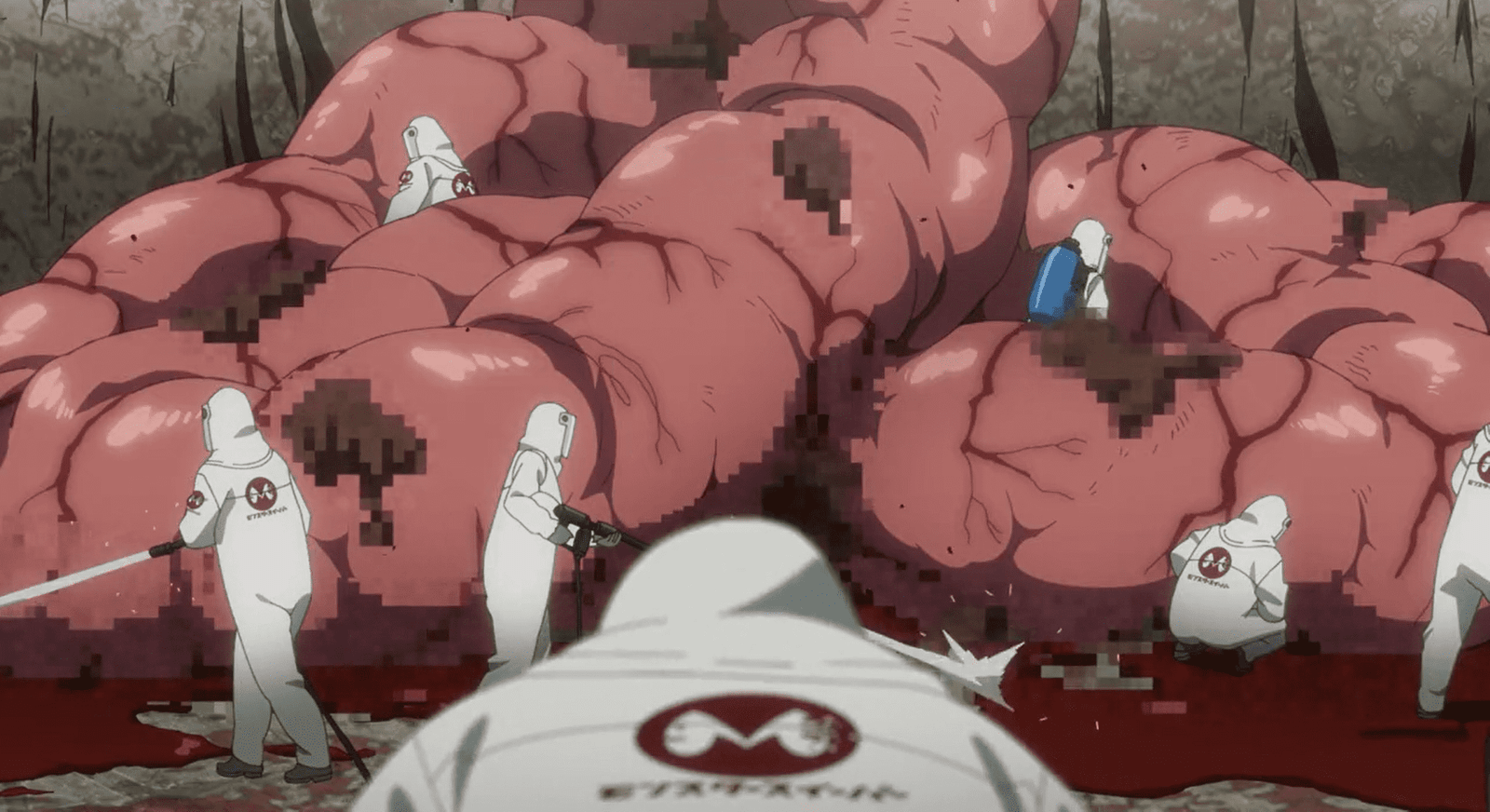
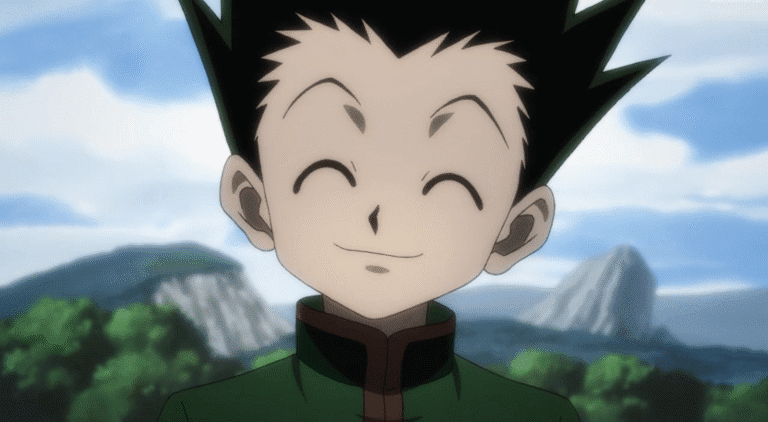
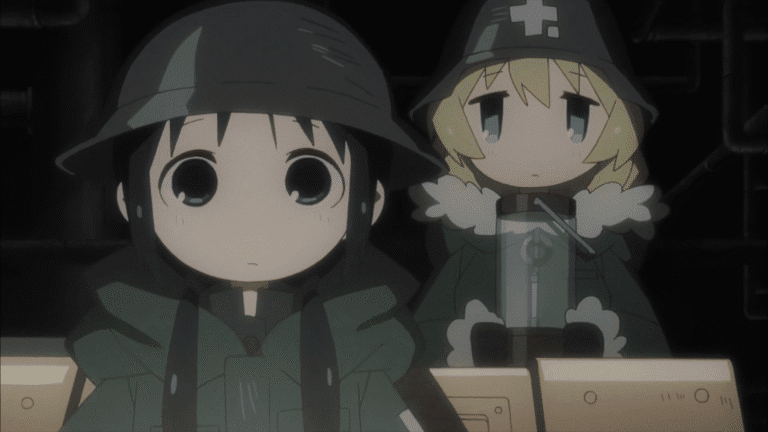

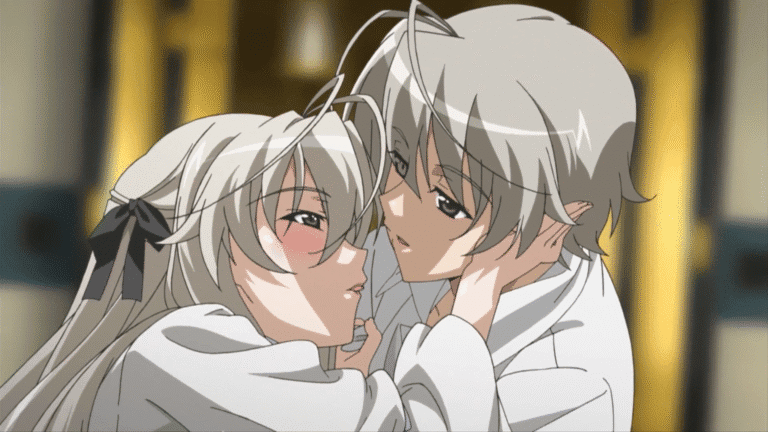
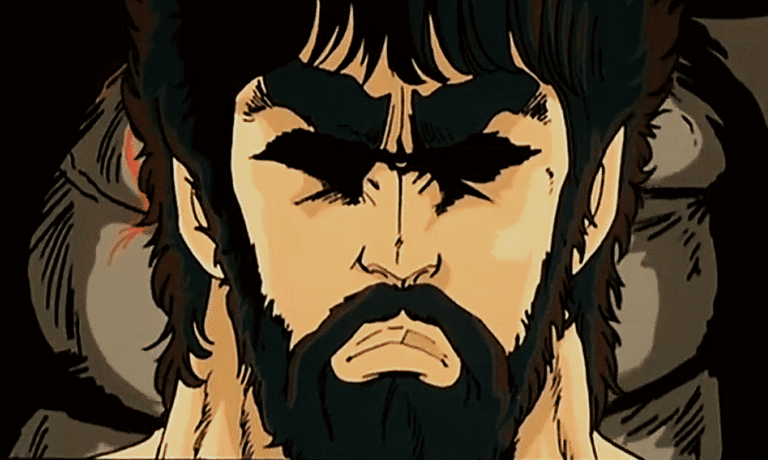
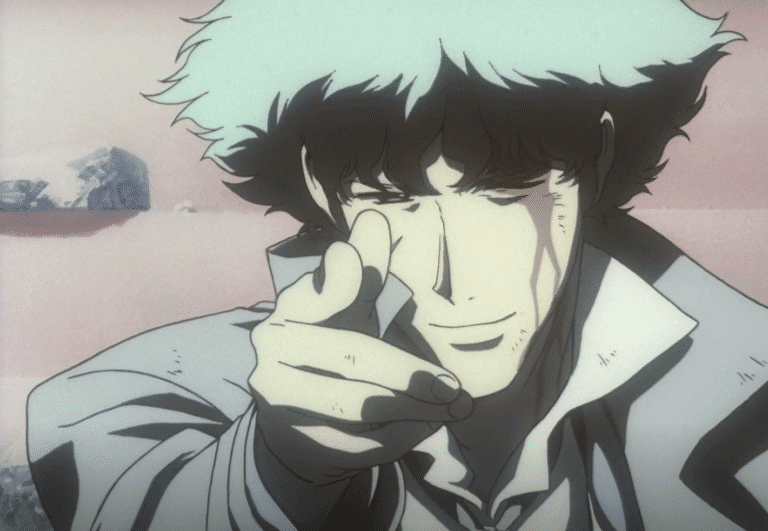
Pretty section of content.